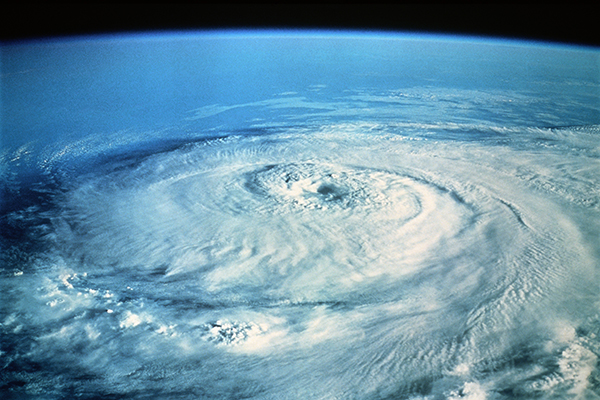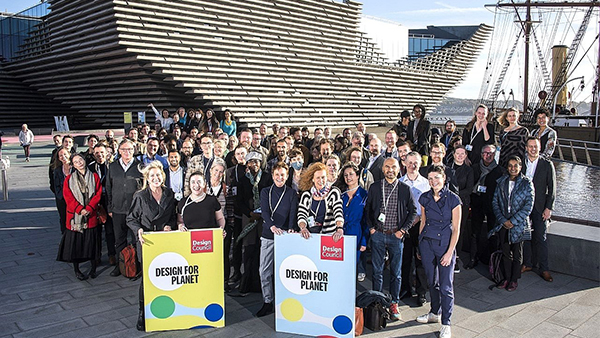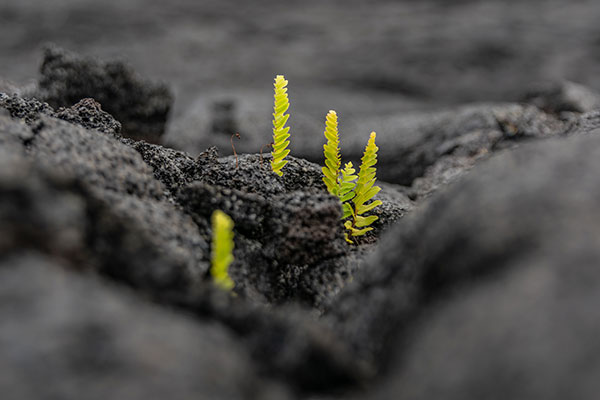“Soon we must take a side or be lost in the rubble. In a divided world that don’t need islands no more. Are we doomed forever to be at somebody’s mercy? Little keys can open up mighty doors.” - From Rally ‘round the West Indies by David Rudder, Trinidadian Calypsonian.

Two years ago, prior to the historical signing of the Paris Climate Agreement, I wrote about the fate of Climate Change and its impact on the Small island states of the world. It was clear to me then that these small states will pay the ultimate price of the actions of the world’s wealthy nations. And here we are in 2017 in a hurricane season that has been nothing short of devastating.
Everyone who watched those scenes from hurricane ravaged countries feels deeply for the islands and the distressing fate of having to recover from these storms. For me, though, my sympathy has now quickly receded to anger. Why do we refuse to challenge ourselves to move beyond merely reporting the devastation and destruction of the hurricanes towards actually talking about the reality of climate change and immediate policy responses required to fuel relief and rebuilding efforts?
In the late 1990s the international community took steps to develop a vulnerability index for small island states which “integrated ecological fragility and economical vulnerability”. The index uniquely identified that small islands states were particularly vulnerable to exogenous shocks brought on by the change in the commodity prices of a key export or by a natural disaster. It was hoped that the vulnerability index be used to further highlight the need for these countries to access funding from international financial institutions when exogenous shocks inevitability occurred.
As I watched the news last week, on the aftermath of Harvey and the granting of Federal funding of US$6.9 Billion by the US Congress to assist the US state I wondered where my small islands of the Caribbean will be able to turn for financial assistance? Three storms were circling the Caribbean: Hurricane Irma, José and Katia, determined to possibly hit previously-ravaged countries again. Given the Caribbean is already experiencing fiscal challenges and declining economies, where will they turn for financial aid? Who will help them?
Don’t get me wrong, this is not an appeal for a handout or bailout on behalf of these nations. I am, however, appealing to all measure of logic and reason. These small islands are often perceived as a location for fun in the sun. The other side of that equation is that tourism is the primary source of income to these territories. So when beach resorts and all tourist infrastructure and capital assets are destroyed by extreme weather and intense hurricanes, what are these islands to do?
Worryingly, extreme weather conditions adversely affect the supply of food. One hurricane can completely decimate the agricultural sector of a country and in some cases destroy a major export commodity. One can look no further than Jamaica after Hurricane Gilbert or Grenada after Hurricane Ivan for examples. After Gilbert, Jamaica’s banana crop was completely destroyed and Grenada, the world’s second largest exporter of nutmeg, was equally devastated after Ivan.
Both Hurricane Gilbert and Hurricane Ivan made landfall on Jamaica and Grenada respectively as a category 3 storms (between 111–129 mph.) Both eventually climbed to category 5 and 4 respectively. Imagine now that in 2017, Hurricanes Irma and José have set a record by being the first two storms with speeds topping 150mph to appear at the same time in the Atlantic. Developing mitigation strategies for these tiny islands seems insurmountable.
Since the signing of the Paris Climate Agreement, small island states are deeply concerned about the Green Fund - $100 Billion Fund per year by 2020 - pledged by the international community to assist developing countries to address the effects of climate change. So far the Green Fund has been unable to meet its initial target and is well short of the promissory note offered by the global community.
I am no longer impressed with the rain drenched reporter going beyond the call of duty and reporting from the midst of the storm. It is time we move past this vanilla reporting and towards a real informed debate on the issues that climate change is now presenting to the international community. We are well past arguing if climate change is real - it is real and we are living through it in present time.
The small island states of the world are at the epicentre of climate change. Warming oceans, rising sea levels and extreme weather conditions are all happening in real time, and affecting the economic security of millions. And the threat goes beyond economics –it is also existential. When the coastal communities and reefs disappear, pristine beaches recede and the tourists stop coming - what happens to the Caribbean identity of sun, sand and sea? What are the islands meant to do when the world does not need them anymore?
Recently, world renowned economist Professor Mariana Mazzucato asked a valid question that needs interrogating, “how should those extracting value from a place contribute to it?” She rightfully wondered to all and sundry that those Caribbean islands host unfathomable wealth beyond our own comprehension via tax havens. Imagine a world where these shell companies contribute to the hurricane relief funds for the islands and instead of simply reaping the benefits bestowed on them from Caribbean tax havens.
I can hear the cynics from here – you mean let’s tax the tax havens? Why not? Why not open up access to a virtual pot of gold to help fund innovative mitigation strategies to deal with climate change and its effects – or at least consider a range of ideas.
According to the World Meteorological Organization, 2016 was the warmest year on record, setting a new record of 1.1 degrees Celsius above the pre industrial period. The warming of our planet has increased the likelihood that storms will be become more intense in the coming decade. Potentially, Category, 3, 4 and 5 hurricanes will be the norm.
Our global commons are under threat and it is time that everyone – governments, large multi nationals and even shell companies share the responsibility and the costs associated with addressing our current climate crisis. So let’s have a debate and explore the options because we are running out of solutions and time.
Let’s do so now. Or else the small island states of the world will bear the burden of climate change and pay the ultimate price.
Related articles
-
A design revolution for the climate emergency
Joanna Choukeir
Joanna Choukeir on Design for Planet, the global gathering of designers during COP26, and the changes design must make.
-
3 ways to talk about climate change and Covid-19
Zayn Meghji
People are making the obvious comparison between the pandemic and the world’s biggest crisis – climate change. But how we make that link will shape our response.
-
What can we learn from Fellows in Southeast Asia
Lauren Orso
In March and April 2019, the RSA's global team will be visiting Singapore, Bangkok and Kuala Lumpur on the hunt for social innovations and exploring potential for an action-oriented Fellows network.




Join the discussion
Comments
Please login to post a comment or reply
Don't have an account? Click here to register.
Yes, tax havens should be taxed. Perhaps best way of doing that, given that much of the wealth in tax havens is presumably recycled/reinvested in funds that engage in billions of financial transactions every day, is to impose a Financial Transaction Tax on all such transactions, with a percentage of the revenue from that tax earmarked for climate adaptation for vulnerable islands. That would, ironically, be in the interest of tax havens, as many of them are on vulnerable islands!